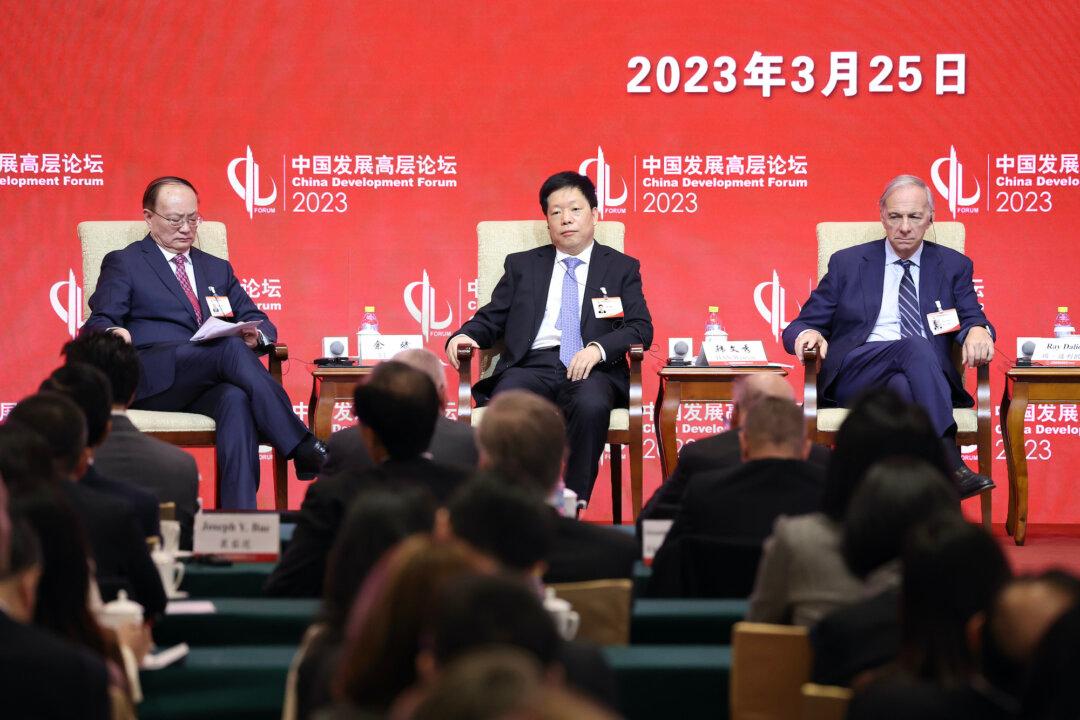The United States Chamber of Commerce has sounded the alarm about a dramatic increase in the hazards and uncertainties associated with conducting business in China due to the regime’s “increased official scrutiny” of U.S. corporations there.
The influential business group said that it was “closely monitoring” the situation and noted that industries subject to “heightened official scrutiny” include professional services and due diligence firms.




